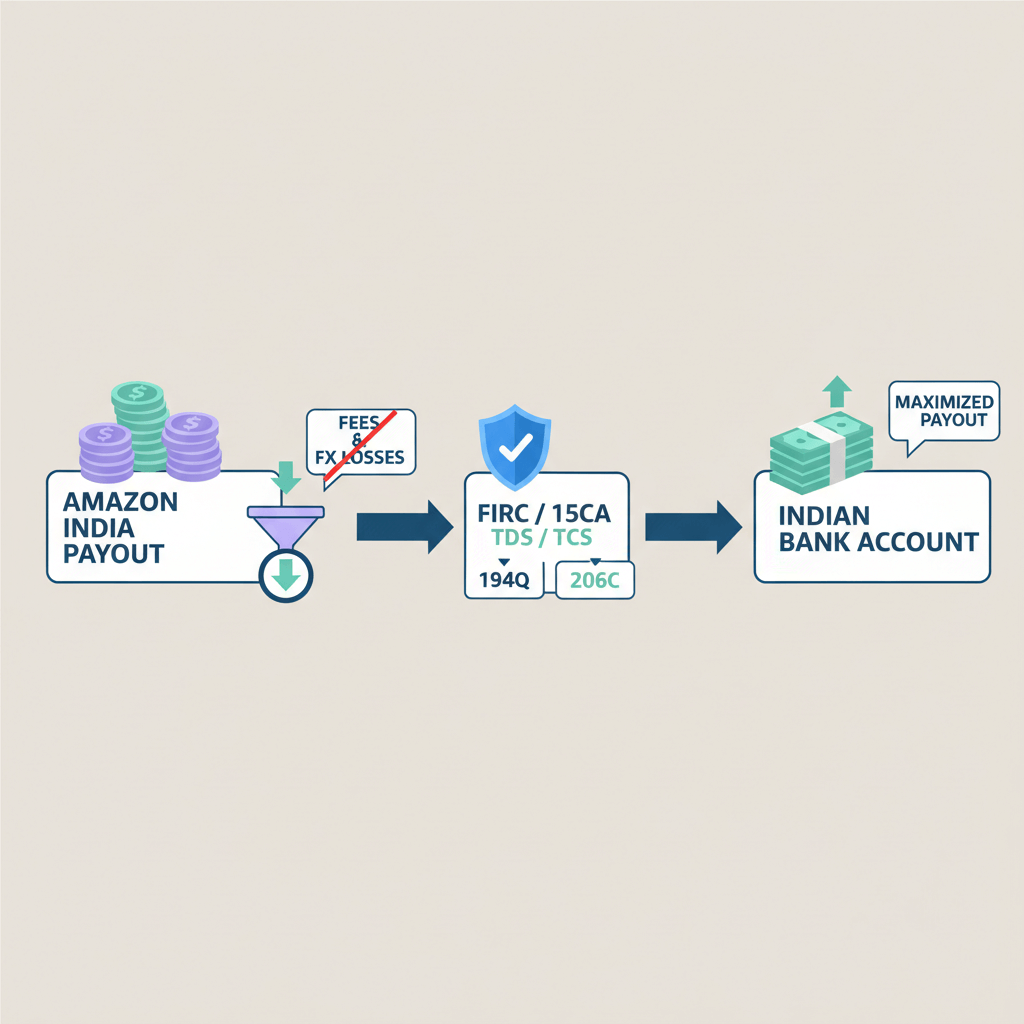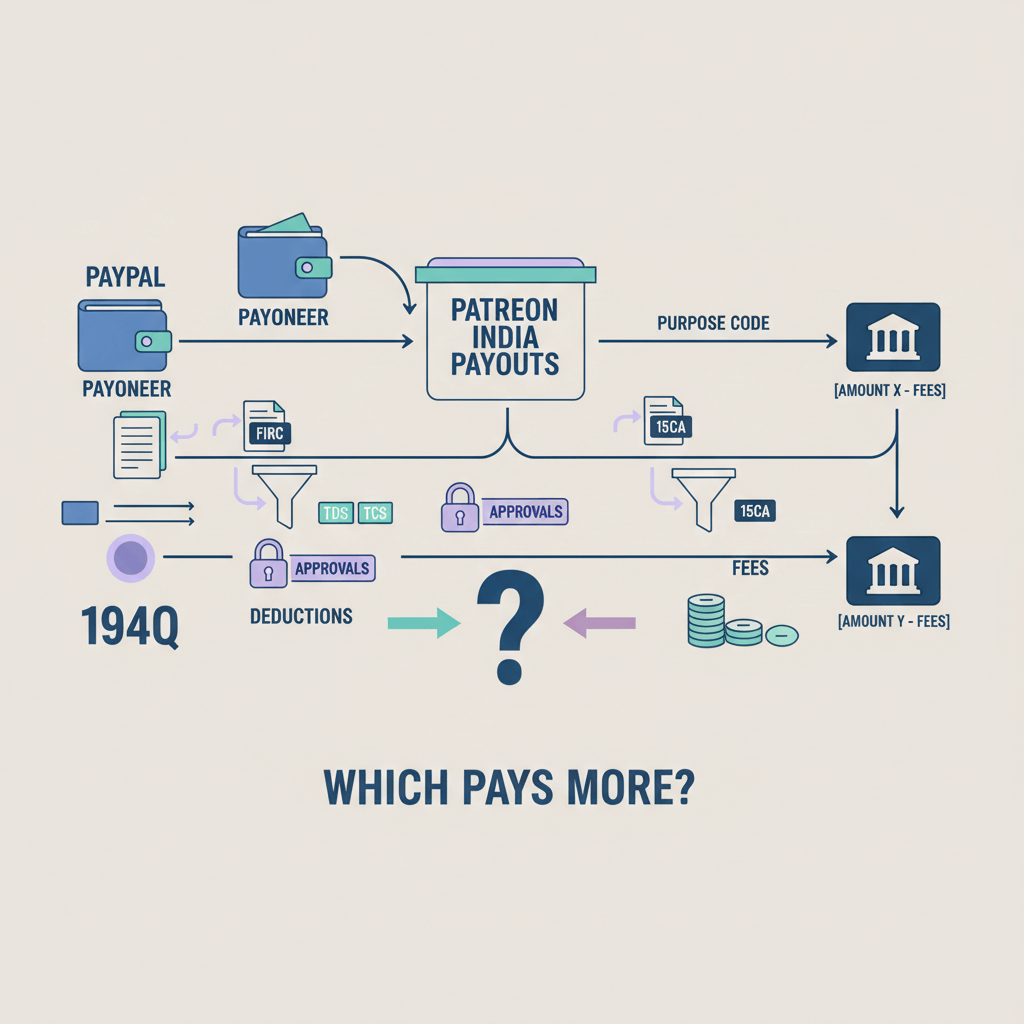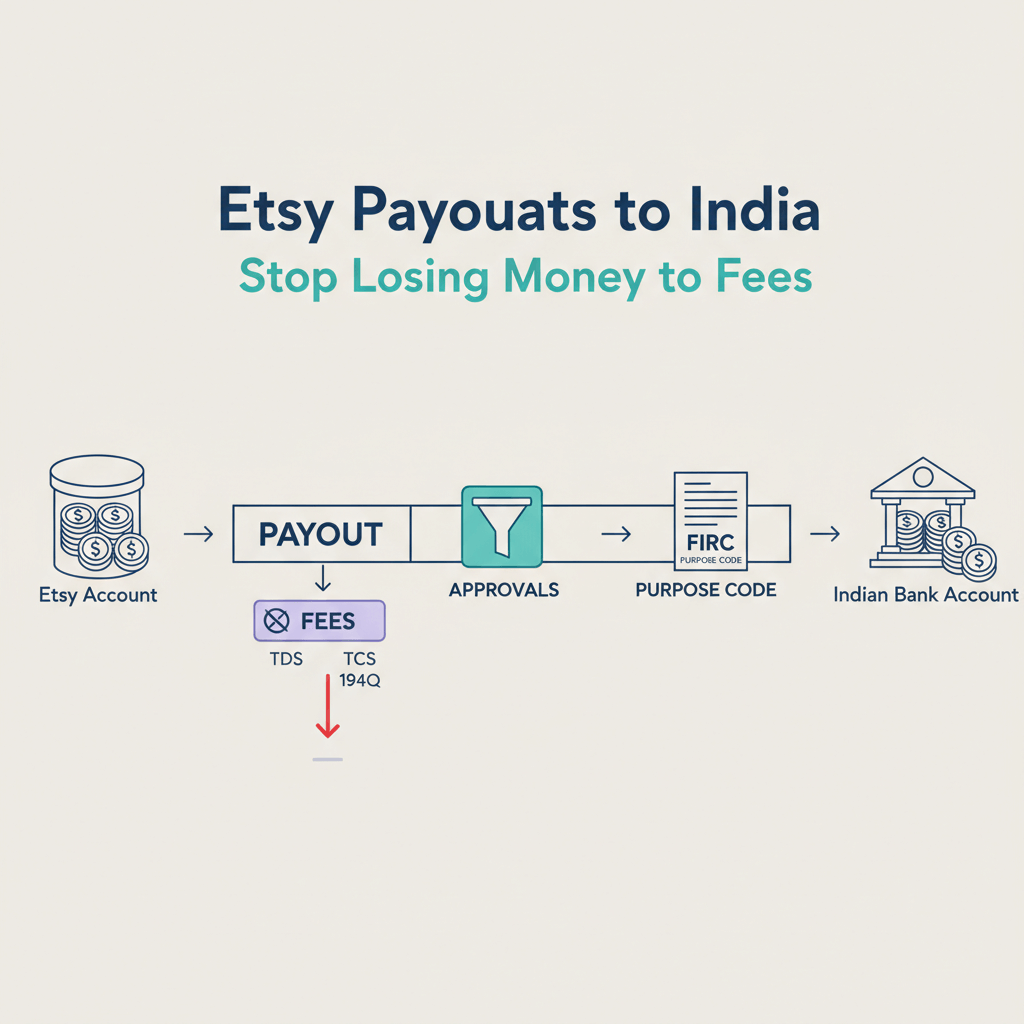With Karbon, you get transparent pricing and lowest markup on outward transfers. No hidden fees.
#1 What is an import data processing and monitoring system (IDPMS )?
The Import Data Processing and Monitoring System (IDPMS) is an online tool set up by the Reserve Bank of India (RBI) to make it easier to manage and monitor import transactions for businesses in India. Here’s a simplified breakdown:
- Historical Context: IDPMS was introduced by the Reserve Bank of India (RBI) to address challenges related to the manual processing of import data, which was prone to delays and inaccuracies.
- Data Standardization: IDPMS helps in standardizing import data across banks and customs authorities, ensuring uniformity in the information being processed and reported.
- Centralized Repository: The system acts as a centralized repository for all import-related data, making it easier for businesses and regulators to access historical data and generate reports.
- Import Payments: IDPMS tracks the entire lifecycle of import payments, from initiation to completion, ensuring that foreign exchange is utilized correctly and efficiently.
- Integration with Other Systems: The system can be integrated with other financial and enterprise resource planning (ERP) systems used by businesses, enhancing overall operational efficiency.
- User Training and Support: Banks and businesses are provided with training and support to effectively use IDPMS, ensuring that users are well-versed in the system’s functionalities.
- Feedback Mechanism: There is a feedback mechanism in place for users to report issues or suggest improvements, helping the RBI and other stakeholders to continuously enhance the system.
- Impact on Trade: By streamlining import processes, IDPMS has a positive impact on trade efficiency, reducing the time and costs associated with import transactions.
- Environmental Benefits: The shift from paper-based to electronic processing reduces the need for physical documents, contributing to environmental sustainability.
- Future Developments: The RBI plans to continually update and enhance IDPMS, incorporating new technologies and feedback from users to improve its effectiveness.
#2 What are the benefits of IDPMS?
- Purpose: IDPMS aims to make the import process more transparent and efficient, ensuring it follows the rules set by the Foreign Exchange Management Act (FEMA).
- Integration with Customs: It works with the Indian Customs Electronic Data Interchange (EDI) system to allow smooth data sharing between banks and customs authorities.
- Tracking: Businesses and banks can track import transactions to make sure payments match the goods received.
- Automation: The system automates reporting, reducing mistakes and smoothing processes for everyone involved.
- Compliance: IDPMS ensures all import transactions follow RBI regulations, helping to prevent unauthorized or fraudulent activities.
- Reporting: It allows for accurate and timely reporting of import transactions, making necessary documents and data easy to access.
#3 Who can upload and download IDPMS data every day?
In the Import Data Processing and Monitoring System (IDPMS), only specific authorized entities can upload and download data every day to ensure security and accuracy. Here's who can do this:
Uploading Data:
- Banks: Authorized banks can upload data about import payments and compliance information.
- Customs Authorities: They upload data about the goods that have been cleared, including details like value and type of goods.
Downloading Data:
- Importers: Businesses importing goods can download their transaction data to track their imports and ensure everything is correct.
- Banks: Banks download data to check transactions, ensure compliance, and create reports for their clients.
- Regulatory Bodies: Organizations like the Reserve Bank of India (RBI) can download data to monitor and audit transactions for compliance.
Daily Operations:
- Frequency: Data upload and download happen daily to keep the system current.
- Automation: Many banks and customs authorities use automated systems to manage daily uploads and downloads, reducing errors and manual work.
Access Controls:
- Security: Only authorized personnel can upload and download data, using secure login and encryption to protect the information.
These processes ensure that all import transactions are handled efficiently, accurately, and in compliance with regulations.
#4 When was IDPMS launched?
The system was introduced in 2016 by RBI to enhance the efficiency and transparency of import transactions in India. IDPMS integrates with the Indian Customs Electronic Data Interchange (EDI) system to streamline data exchange between banks and customs authorities.
#5 What are EDPMS and IDPMS used for?
#6 What is ORM in IDPMS?
In IDPMS (Import Data Processing and Monitoring System), ORM stands for "Outward Remittance Monitoring."
ORM in IDPMS
- Purpose: ORM helps track and manage payments that businesses make to foreign suppliers for imports. It ensures these payments follow the rules and regulations.
- Functionality:some text
- Verification: ORM checks that payments match the details in IDPMS and other documents.
- Tracking: It monitors the payment process from start to finish, making sure all documents and rules are followed.
- Reporting: ORM helps report these payments to authorities to keep everything transparent and in line with regulations.
- Benefits:some text
- Compliance: Ensures that all payments are made according to the rules.
- Efficiency: Makes managing and tracking payments easier.
- Transparency: Provides clear visibility into payment transactions, reducing mistakes and fraud.
#7 What is the use of import data?
For the Reserve Bank of India (RBI), import data is useful in these ways:
- Regulating Transactions: It ensures that all payments for imports are made according to the rules. For example, if a company in India buys machinery from abroad, the RBI checks to make sure the payment follows the regulations.
- Understanding the Economy: It helps the RBI see how much stuff is being imported and how it affects the country’s economy. For instance, if India is importing a lot of electronics, the RBI can study how this impacts the trade balance and currency value.
- Making Policies: The data helps the RBI create economic policies. If imports are increasing rapidly, the RBI might adjust interest rates or foreign exchange policies to manage the impact.
- Preventing Fraud: By checking import data, the RBI can spot unusual or suspicious transactions. For example, if a payment is unusually high or doesn’t match the goods received, the RBI can investigate for potential fraud.
- Ensuring Accurate Records: The data helps keep accurate records of all import transactions, making sure financial reports are correct.
- Managing Foreign Currency: It helps the RBI ensure there is enough foreign currency available for paying for imports. For example, if a company imports raw materials, the RBI needs to make sure there are sufficient foreign reserves to cover these payments.
#8 What is BOE in customs?
In the context of IDPMS (Import data processing and monitoring system ), a Bill of Entry (BOE) is a crucial customs document filed by importers when goods arrive in a country. It provides detailed information about the imported goods, including their nature, quantity, and value. The BOE serves several key purposes:
It facilitates customs clearance by helping authorities assess the correct duties and taxes, acts as a legal record of the import transaction, and ensures that the goods comply with regulations. The document includes descriptions of the goods, their monetary value, and details about the importer. After the BOE is filed electronically or physically, customs authorities review it for accuracy and compliance.
Once verified, and after payment of any applicable duties and taxes, the goods are cleared for delivery. In summary, the BOE is essential for the legal and efficient processing of imports, ensuring all regulatory and financial aspects are properly handled.
4o mini
#9 Lastly, why do Indian companies need to know about IDPMS?
If Indian companies do not effectively engage with the Import Data Processing and Monitoring System (IDPMS), several serious consequences may arise:
- Legal Penalties: Non-compliance with IDPMS regulations can lead to significant legal repercussions, including fines and penalties from the Reserve Bank of India (RBI) and other regulatory bodies. This can also result in costly legal battles and damage to the company's reputation.
- Processing Delays: Without proper use of IDPMS, companies may face delays in processing their import transactions. This inefficiency can disrupt supply chains, delay product availability, and negatively impact business operations and customer satisfaction.
- Inaccurate Reporting: Failure to adhere to IDPMS requirements can lead to incorrect reporting of import data. This misreporting can cause discrepancies in financial records, leading to audits, fines, and a loss of trust from regulatory authorities.
- Financial Risks: Inadequate use of IDPMS may result in improper management of import payments and compliance issues. This can lead to unexpected costs, financial losses, and difficulties in budgeting and financial planning.
- Increased Risk of Fraud: Without the monitoring and transparency provided by IDPMS, companies are more vulnerable to fraudulent activities. This lack of oversight can result in financial losses and damage to the company’s integrity.
- Regulatory Action: Persistent non-compliance with IDPMS can lead to stricter regulatory actions, including suspension of import activities, which can severely impact business operations and profitability.


.png)








